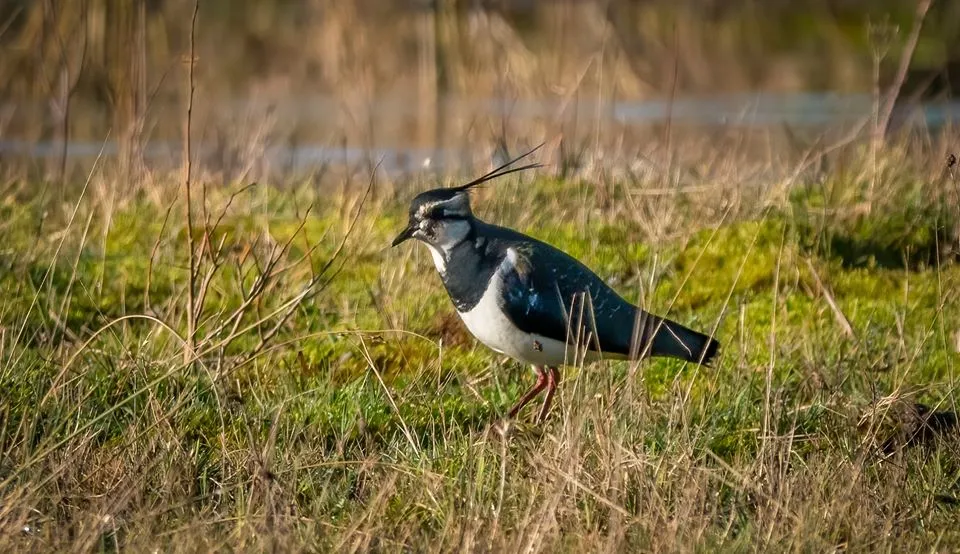As visitors flooded to the countryside in the warm weather in the weekend after lockdown restrictions were eased, The Wildlife Trusts — consisting of 46 nature charities across the UK — have been left reeling from the resulting damage to its reserves across the country.
A huge increase of damage to reserves and the wildlife that inhabits it was reported, including fires across wild areas due to portable barbecues; ground-nesting birds and rare plants being disturbed and trampled by people and dogs; and antisocial behaviour such as littering, using wild places as outdoors toilets, and vandalism.
At a Lancashire Wildlife Trusts reserve, a lapwing and its chicks were savaged by a dog, and Hampshire and Isle of Wight Wildlife Trust, amongst many others, reported increased fly tipping, racist graffiti, and fights with broken bottles.

The Wildlife Trusts have described the antisocial behaviour on site, including abuse toward their staff, as the worst they have ever known.
“Of course we want people to be outside and enjoying green spaces and we appreciate that lockdown has taken its toll,” commented Debbie Tann, CEO of Hampshire and Isle of Wight Wildlife Trust, “but these nature reserves are fragile places, covering just 1% of our overall landscape, and they are vital to protect our most vulnerable wildlife.”

Craig Bennett, CEO of The Wildlife Trusts, said, “The Wildlife Trusts have more nature reserves than McDonalds has restaurants in the UK, but our precious wildlife sites are bad places to hold a barbecue. These wonderful wild places are vital local havens for people to enjoy with family and friends, to walk, rest, and see nature. Our natural heritage is priceless and so important for us all — for our health and happiness — but it is fragile.
“We’re appealing to everyone to love and look after it,” he continues. “Everyone is welcome but please respect our wild places, other visitors and people who work there.”
When visiting reserves, The Wildlife Trusts encourage people to do the following:
- Avoid barbecues and fires
- Take all your litter home
- Keep dogs on leads (check whether they’re allowed on-site) and pick up dog mess
- Park considerately
- Cafes and toilets are shut — so limit the length of your visit and stay local!
- Avoid trampling sensitive wildflower meadows
- Smile at our staff — we’re here to help you enjoy your visit!
Main image: An adder on burnt heathland at Elstead Common. © Surrey Wildlife Trust